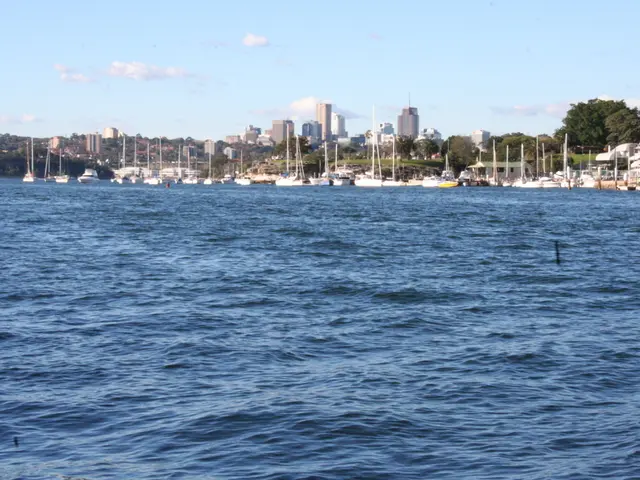UN Urges U.S. to Ratify Law of the Sea Treaty at Nice Conference
The United Nations (UN) has kicked off a crucial conference in Nice, France, focused on accelerating action and mobilizing key players for the conservation and sustainable use of our oceans. Notably, the United States, under the Trump administration, did not send a delegation to this significant event.
The UN conference aims to build on the 1982 UN Convention on the Law of the Sea (UNCLOS), which has been ratified by most countries. This treaty rolls back excessive territorial claims and establishes exclusive economic zones for coastal states. However, the United States has not ratified UNCLOS due to sovereignty concerns and potential impacts on U.S. maritime activities.
The conference in Nice was expected to put pressure on the U.S. to ratify the treaty. Once the U.S. complies, it is hoped that the few remaining dissenting states will follow suit. Most nations are already committed to caring for the seas and oceans, as demonstrated by their support for the Law of the Sea since its inception.
David Attenborough's documentary 'Ocean' underscores the critical role of oceans in the survival of our planet. Previous U.S. administrations, both Republican and Democratic, have attempted to ratify the treaty but faced obstacles in doing so.
The UN conference in Nice serves as a reminder of the global importance of ocean conservation and sustainable use. With most countries already committed, the focus now shifts to encouraging the United States and other holdouts to ratify the Law of the Sea treaty. This would allow for a fair distribution of the world's common maritime patrimony and help protect our oceans for future generations.
Read also:
- Urgent investment: Province funds 5.3 million dollars for expanding primary care in Elgin-Middlesex-London area
- Federal Environmental Protection Agency under scrutiny for alleged manipulation of soil sample results following East Palestine catastrophe
- Colon Cancer Genetic Testing: Insights into its Function, Application, and Additional Details
- RFK Jr. Takes Bold Step in Vaccine Research Development, Possibly Poseing a Threat to Public Safety






